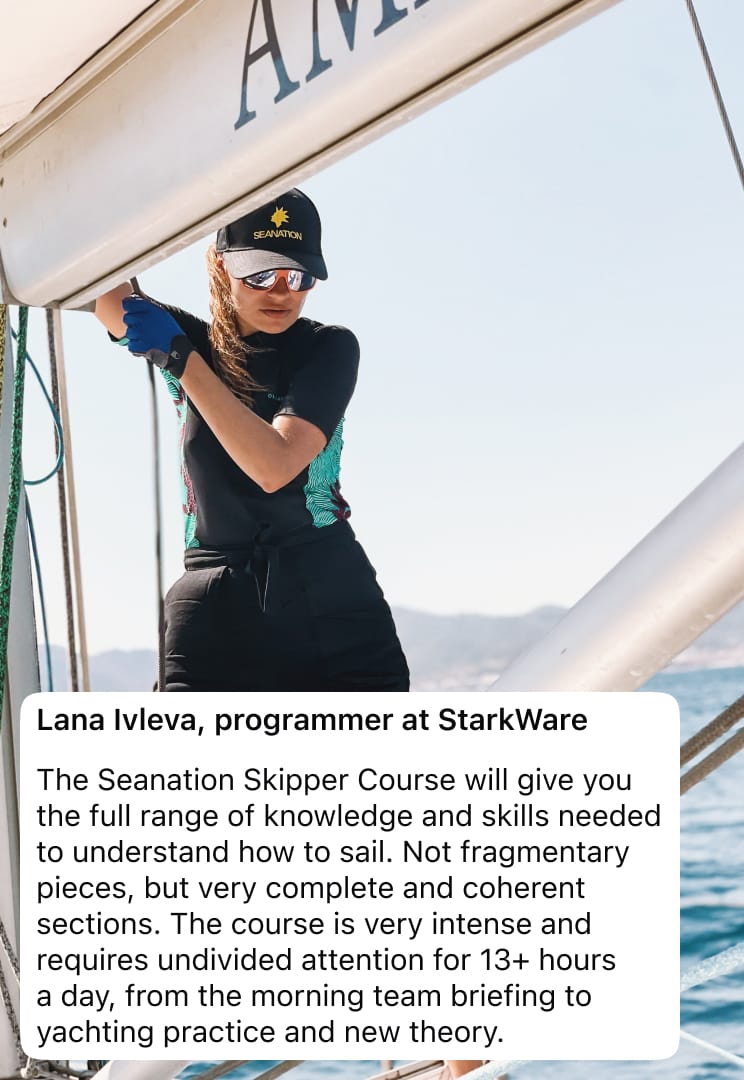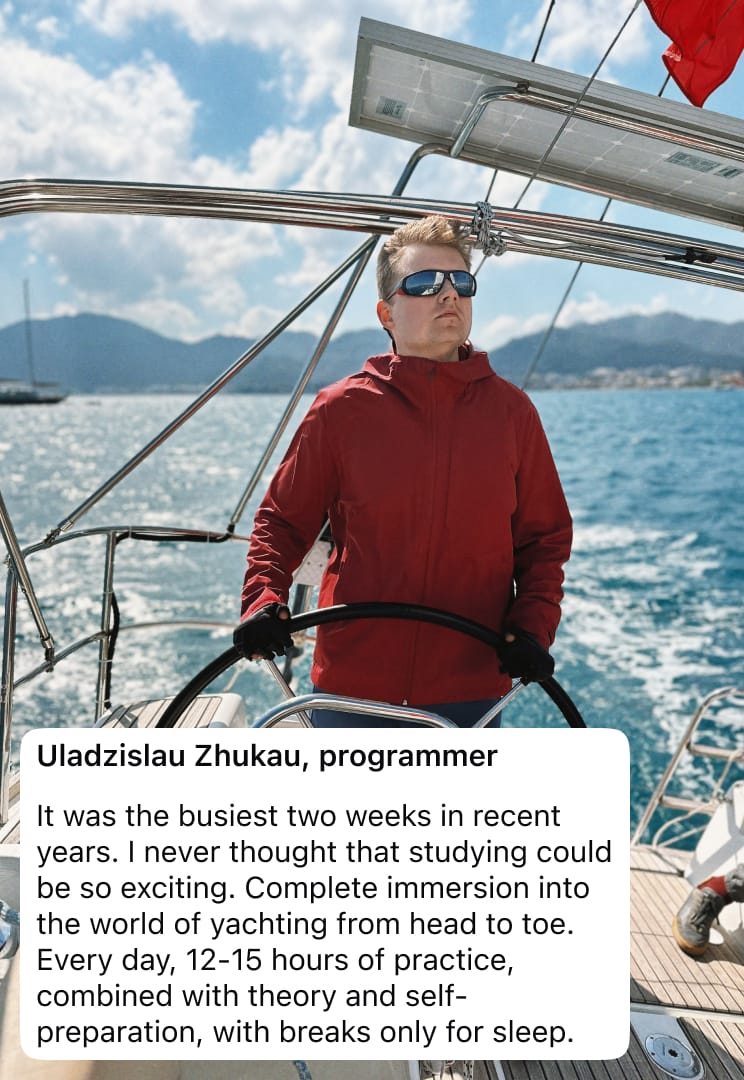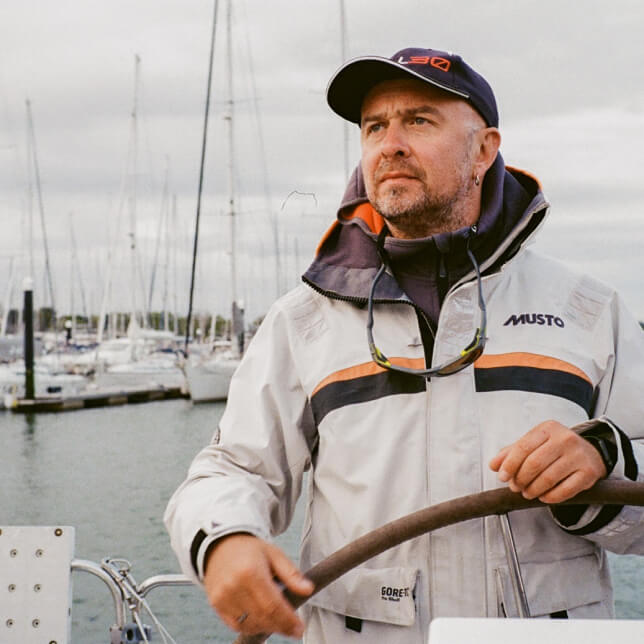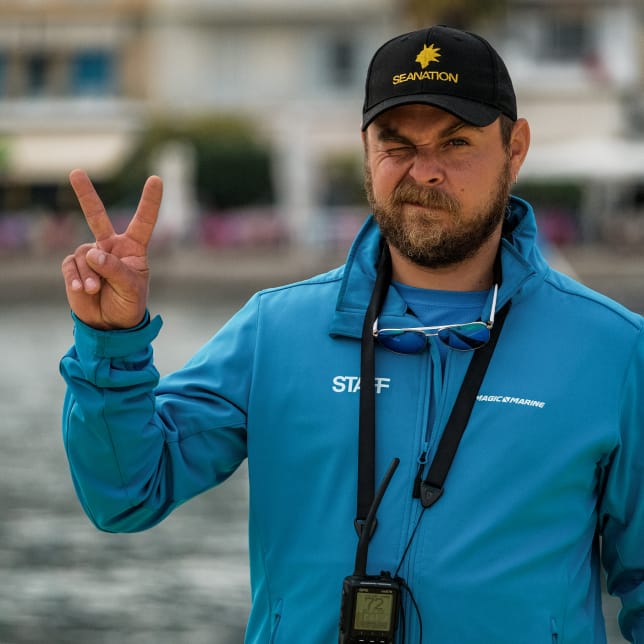YACHT SCHOOL
We don't give rides, we don't entertain, and we don't arrange excursions. We've been teaching yachting for nearly 10 years, and we do it well.


GROUPS
All courses are held in Marmaris, Turkey

GROUPS
DATE
INSTRUCTOR
Cost
All courses are held in Marmaris, Turkey

SEANATION — IYT WORLDWIDE TRAINING PROVIDER
We train beginners and experienced yachtsmen according to international standards. The school is authorized to train sailing and motor yachtsmen of all levels, from elementary — Bareboat Skipper to the highest — Yachtmaster Ocean. The licenses our graduates receive are valid in almost all countries of the world.

SEANATION is the official training provider of IYT Worldwide, the world's largest yachting training and certification system
All about yacht licenses →Basic course
IYT BAREBOAT SKIPPER
Intensive from zero to hero course: from scratch to sailing yacht captain in two weeks. It includes obtaining all basic licenses: IYT Bareboat Skipper Sail, ICC, VHF SRC Master. They will be enough to rent and operate a yacht in almost any waters in the world.
Yacht up to 24 meters (78 ft)
No further than 20 miles from the coast
When the weather is nice
TRAINING PROGRAM

Yacht design and security systems

Mooring types and anchoring

Sailing theory

Rules for Preventing Collisions at Sea (MPPSS)

Nautical charts and navigation

Tides and currents

Meteorology

Radio communication

Yacht charter: how it works

Sail corrugation

Setting, cutting down, and setting sails

Maneuvering under the engine and sails

Maneuvers to rescue “man overboard”
- Устройство яхты и системы безопасности
- Виды швартовок и постановка на якорь
- Парусная теория
- Правила предупреждения столкновений судов в море (МППСС)
- Морские карты и навигация
- Приливы и течения
- Метеорология
- Радиосвязь
- Яхтенный чартер: как все устроено
- Рифление парусов
- Постановка, срубка и настройка парусов
- Маневрирование под мотором и парусами
- Маневры по спасению «человек за бортом»
- Швартовки, постановка на якорь и маневрирование в стесненных условиях
Advanced course
IYT YACHTMASTER COASTAL
The course is designed for those who have already mastered basic yacht management skills and are ready for more — sailing long distances and in difficult weather conditions.
Student requirements
- a minimum of 25 days or more than 800 nautical miles of experience
- a minimum of 12 hours of night shifts
Yacht up to 24 meters (78 ft)
No further than 60 miles from the coast
In moderately fresh weather
Advanced course
IYT YACHTMASTER OFFSHORE
The program is for those who have been confidently driving a yacht for a long time. Suitable if you want to make long journeys as a skipper, including on your own yacht.
Student requirements
- 50 full days on board in any role
- 30 hours of night navigation practice
- At least 3000 miles traveled
Yacht up to 24 meters (78 ft)
No further than 150 miles from the coast
Day and night in all weathers
TRAINING PROGRAM
600-mile offshore crossing
Boat service on the high seas
In-depth analysis of all yacht systems
Heavy weather yacht handling
SIGN UP FOR A COURSE
Advanced course
IYT YACHTMASTER OCEAN
An unlimited license required for those who have decided to dedicate their lives to the sea. The course is primarily based on the individual goals of a particular student. Still, it always involves learning such non-trivial things as, for example, astronavigation or repairing a yacht on the high seas.
Student requirements
- IYT Yachtmaster Offshore License
- Valid VHF certificate
Yacht up to 24 meters (78 ft)
Any distance from the coast
Day and night in all weathers
TRAINING PROGRAM
Astronavigation
Navigating the arc of a large circle
Planning long transitions
Ocean meteorology
SIGN UP FOR A COURSE
REAL TRAINING. REAL EXAMS.
All reviews →Our main goal is to make graduates independent and safe captains. Therefore, the IYT Bareboat Skipper basic course at Seanation School consists of two weeks of intensive work with theory and practice and real exams, not formal exams.
INSTRUCTORS
School in the IYT registry →Aleksandr Babitsky
Founder of SEANATION School. Yachting professionally since 2013. Yachtmaster Ocean Instructor. Over the course of his career, he has traveled over 80,000 nautical miles and released more than 200 licensed skippers.
Alexey Romanov
A skipper with more than 10 years of experience. Co-founder of Sofa Sailors sailing and cruise company, professional teacher.
Maxim Repin
Professional yachtsman and Yachtmaster Offshore instructor. A highly qualified engineer who owns his own boat.
FAQ
1
We teach. We don't take you on a cruise, we don't entertain you, we don't give you time for sightseeing and beach fun. We only teach you how to sail.
2
We're expensive. This is because we work with you from early morning until late at night every day. Theory, practice, theory again, and practice again, lots of theory and practice. Low prices mean incompetent teachers and/or limited study hours. The tuition fee includes only the tuition itself and accommodation on a yacht in a double cabin. Registration and issuance of an IYT license (about 350 euros), air travel, and meals are NOT included in the tuition fee.
3
How you learn to sail a yacht and how deeply you understand the theory will determine the life and health of you and your future crew. Therefore, re-read points 1 and 2. Over the past two years, we have had many graduates who already had skipping rights from other schools when they came to us. We thank them for coming! Together, we've made the sea safer.
4
No, not everyone passes exams on their first try. Some people have to study further and retake them. For our part, we ensure that you receive adequate training. If you still don't pass, we provide detailed feedback, help you get additional internships as cheaply as possible, and offer as many free retakes as necessary (though usually, one is enough). However, if you want a guaranteed “wallpaper diploma,” we are not the team for you.
5
SEANATION is an official IYT Worldwide training provider. IYT is the world's most extensive training and certification system for both amateur and professional yachtsmen. SEANATION trains sailors and prepares them for their exams. Upon successful completion of the exams, IYT Worldwide issues licenses to newly qualified yachtsmen. Our school is authorized to train and qualify amateur yachtsmen of all levels, from elementary — Bareboat Skippers to higher — Yachtmaster Ocean.
6
We have three instructors: Alexander Babitsky, Alexey Romanov, and Maxim Repin. They are IYT certified, which is easy to check on the organization's official website. They are the only ones who teach students and administer exams. Many schools provide students with non-IYT certified instructors, after which licenses are issued through third parties or third-party instructors. Doing so is against the rules and common sense.
7
The “from scratch” training course is called IYT Bareboat Skipper and includes two main licenses: IYT Bareboat Skipper Sail (or Power if you studied on a motor yacht) and VHF SRC Master. These licenses are sufficient to legally operate a yacht up to 24 meters in length in normal weather in almost any waters of the globe. Of course, a yachtsman with such licenses gets access to the global world of yacht charter, meaning they can rent a yacht wherever they want.
8
The two-week IYT Bareboat Skipper training course involves VERY intensive work. If you are not up to this or are unable to absorb information quickly, you should discuss an individual course with us. If you are good at digesting information, are ready to work actively, and are properly motivated, then in two weeks, you will become a true captain of a sailing yacht. You will then be able to conquer the most beautiful corners of the Earth in the most pleasant way.
9
The principle of training at SEANATION is to develop the skills to manage a sailing vessel independently (necessary if sailing without a team or with an incompetent one). We are convinced that two people are enough to cruise a modern yacht comfortably and safely. At the same time, the skipper must be able to handle everything alone. The theoretical part of the training is not overly complicated, but adding vectors through a parallelogram should be understood in advance.
10
SEANATION promotes the study of sailing theory through practice, that is, right on the yacht. Here's why: sailing requires focusing on sensations, whether working with ropes, steering, or analyzing wind conditions, and in our opinion, sitting in class listening to how a boat or sails work is a waste of time. We love touching, feeling, and observing and encourage you to do the same. Moreover, our experience shows that theoretical knowledge, immediately supported by practice, is easy and simple to understand.
11
If you are studying, please plan in advance exactly when you will take the helm of a sailing yacht after passing the exam. Without such a plan, your studies will likely become a waste of time and money, even if enjoyable and educational. We therefore strongly recommend that all our graduates go to sea as skippers no later than three months after graduation..
12
Regattas are not equal to courses! Understand that there are no training regattas; there are just regattas where you are taught to quickly pull ropes to a captain's screams, the only skill a novice yachtsman can acquire at a race. To get something useful for yourself during a regatta, you need to have a full set of basic sailing knowledge. Only then will you be able to analyze what is happening and learn something new. If, during a regatta, you are offered to study from scratch, you will be used as nothing more than a hired hand at your own expense.
13
But for those who have already obtained a license, a friendly regatta is an ideal opportunity to make their debut as a skipper. SEANATION holds the AFR, a game regatta for its graduates every autumn. It's simple: book a yacht with SEANATION, gather a team of friends, and take part in one of the most exciting events of your life. About 450 people on 60 yachts took part in the fall 2023 event, and it was amazing!
14
No, unfortunately, we do not know and cannot recommend a single excellent yachting textbook in Russian. The vast majority of manuals do not take into account many key elements of yacht management or do not take them into account correctly. There are good books with a purely sporty approach to yachting, but they are of little use for cruises. The biggest problem with all yachting literature is that, for some reason, the authors imagine a fully competent team of more or less knowledgeable people will participate on your cruise. However, this is often impossible to achieve, as most cruise crews are groups of friends and family members. This year, we developed our own manual, but it can't act as a yachting textbook either; it's more of a memo that compliments our entire course that can be taken to quickly refresh your knowledge on your first charters.
15
The main difficulty (and interest) of sail yachting is that no situation is the same. Each yacht has its own control nuances, each berth has its own unique conditions, and each breakdown has its own individual circumstances. Yachting is a constant analysis of what is happening now and solving new problems. The longer you do this, the more you realize that true professionalism is not only, or even so much, about knowledge but about the readiness for new experiences and self-confidence. If you are used to finding ready-made solutions or accounting for all upcoming problems in advance, yachting may not be for you.
16
No, yachting is not expensive at all. There are VERY good yachts on the Mediterranean Sea in spring and autumn for 700-900 euros per week. Divide this amount by 6-8 people, and avoid being stupid.





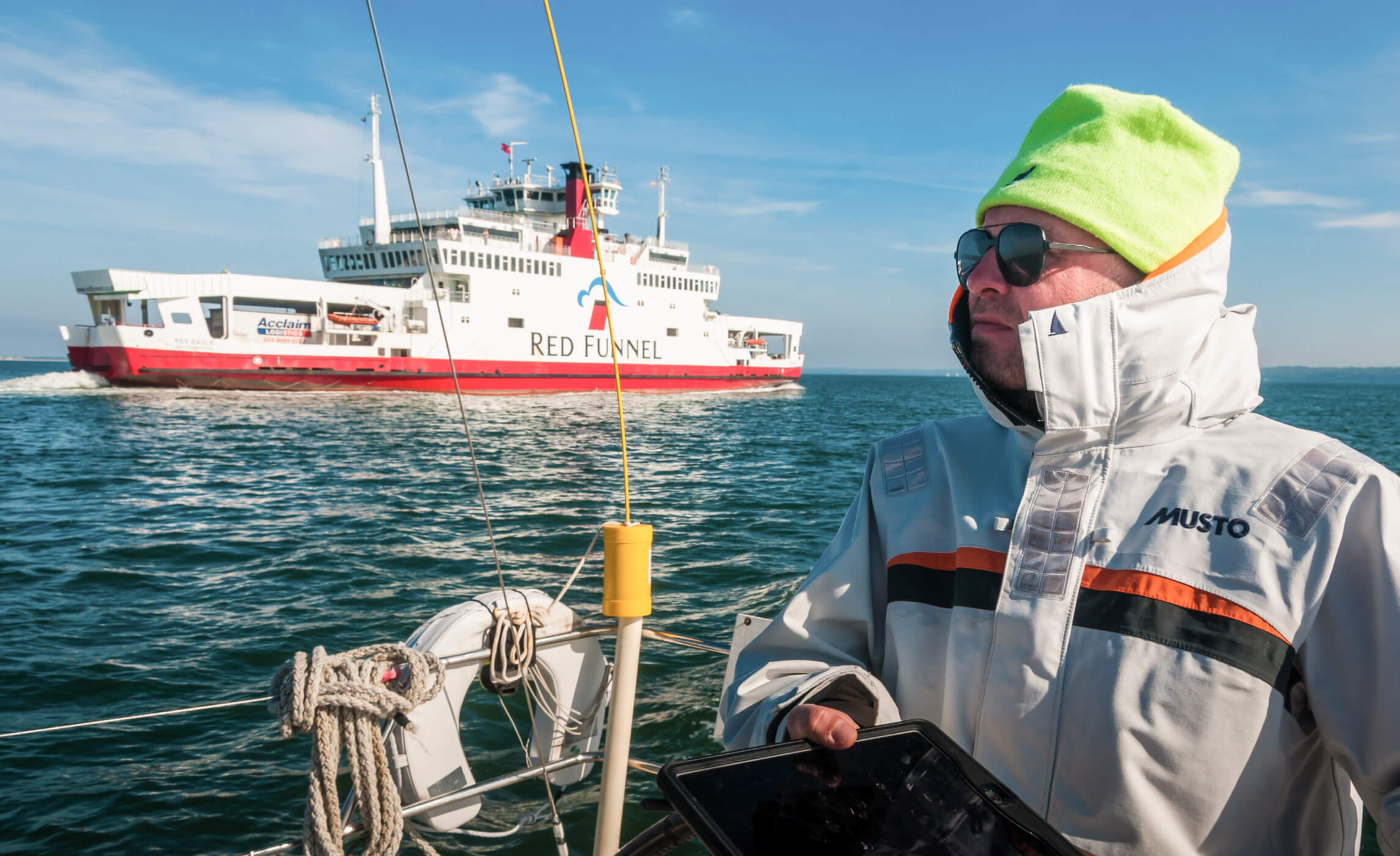



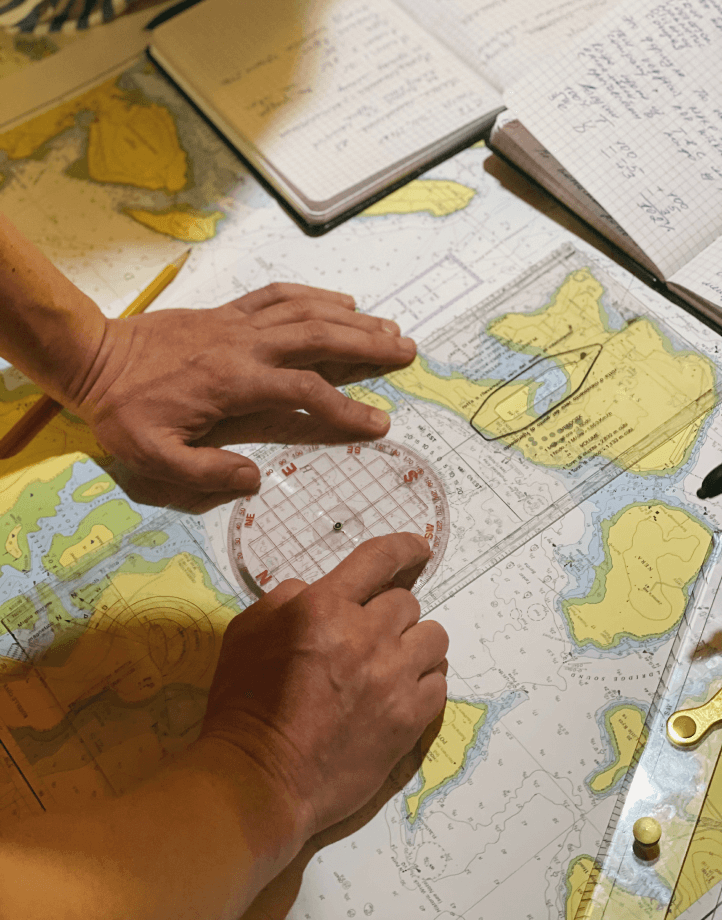





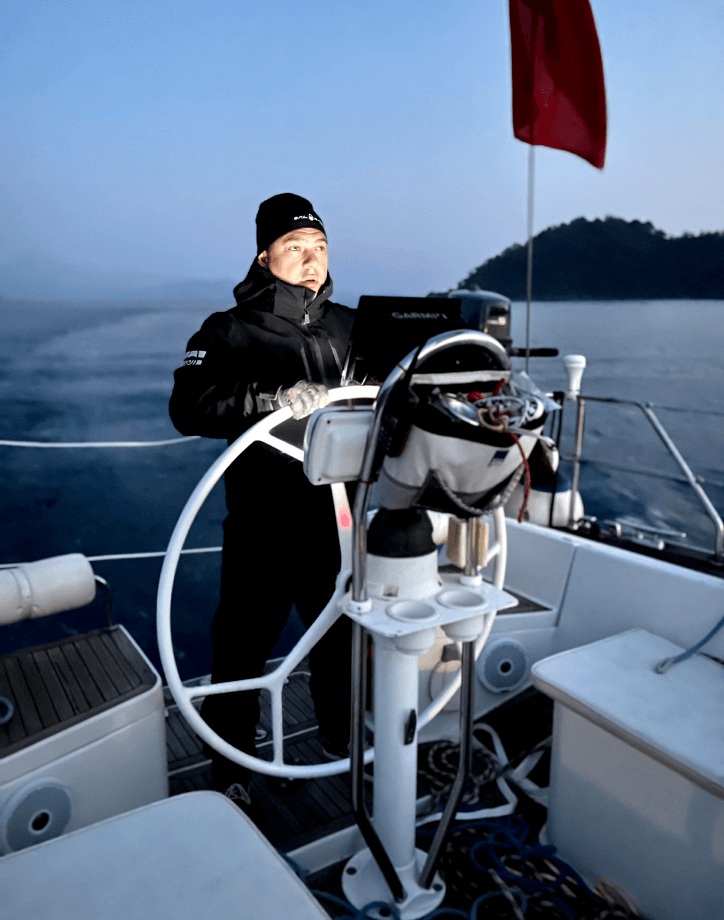
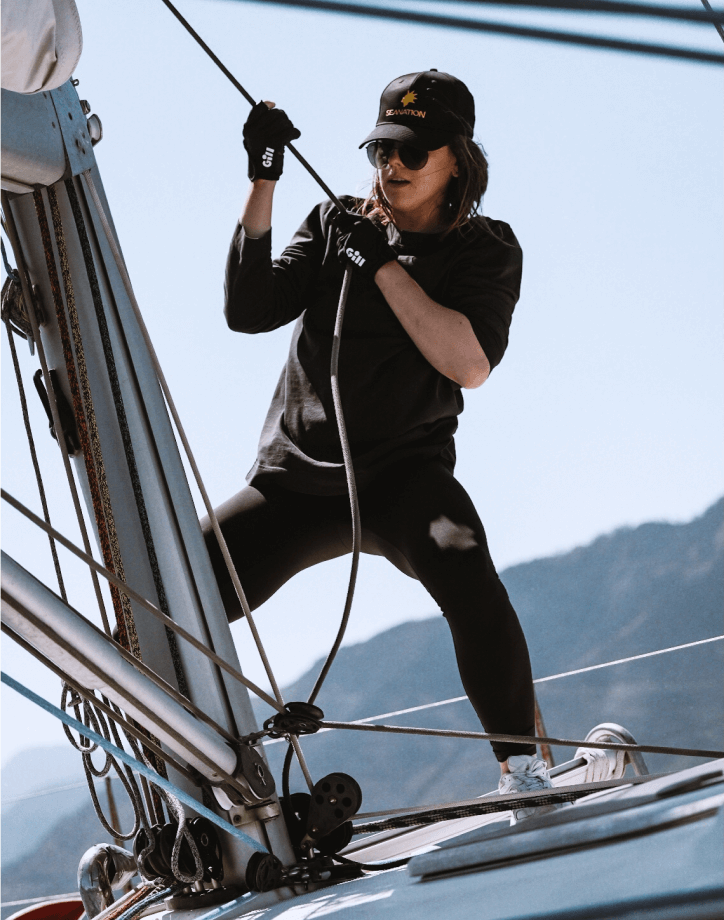
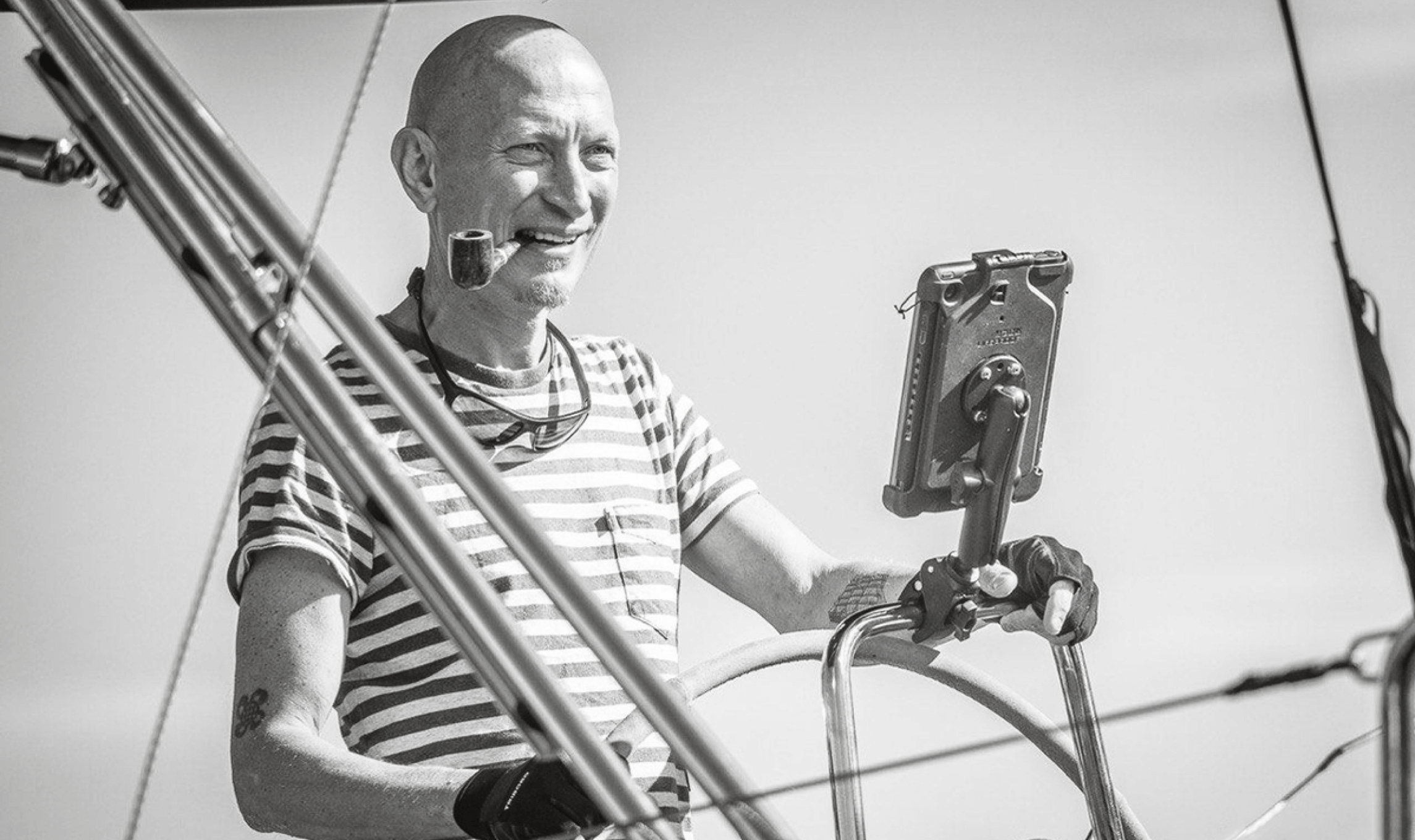

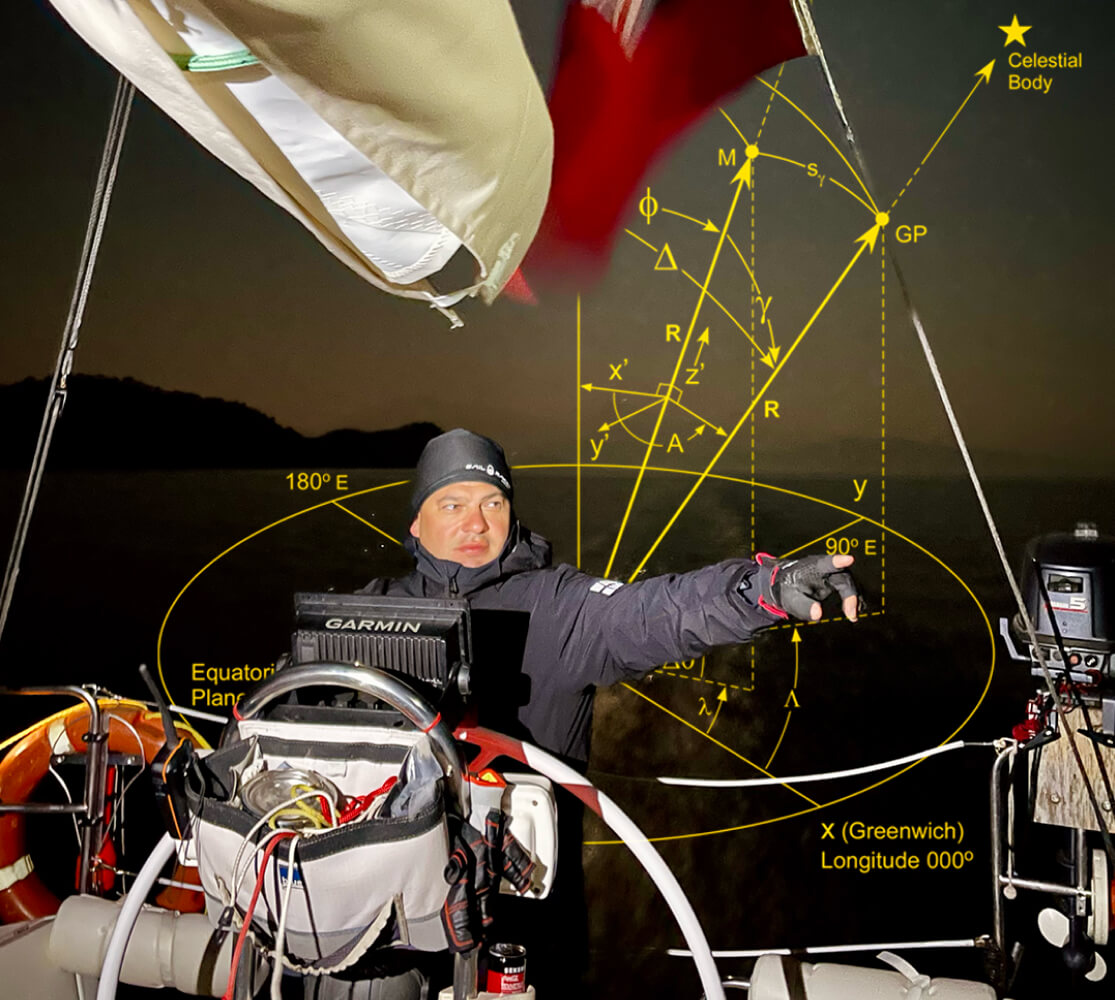
.jpg)


